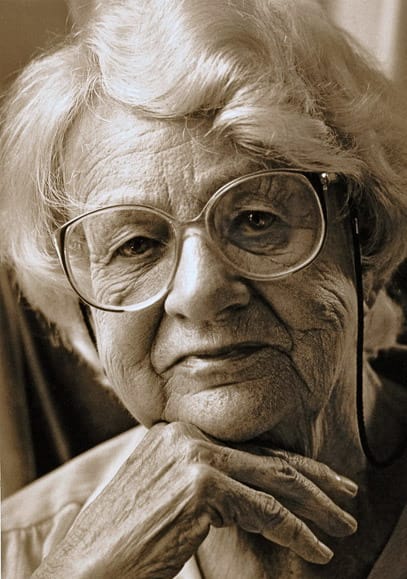Eve to Her Daughters - on gender.

Hello everyone! 😊
Welcome to Part 3 of my analysis 📖 on Judith Wright's Eve to Her Daughters 👩👧 (1966). In this post, I'll focus on how she criticises our patriarchal system in Australia for dismissing the female experience – we are not truly egalitarian by using the metonymic extension of Adam. 💁♂️
Wright argues that males are treated as superior to females; this hegemony dismisses the female experience.
The persona, Eve, has a strong yet unheard (by Adam) voice reminiscent of the dismissive nature of the male hegemony towards women. Eve is a noticeably independent thinker, as suggested by her open expressions of frustration towards Adam at the conclusion of each stanza (e.g. "But Adam, you know...!", "He even complained of my cooking", "you know, he had always been an egoist").
However, she is ignored and neglected by Adam, reinforcing the modern Australian patriarchy's glorification of the male experience over the female experience.
It is also crucial to note that the poem is written in free verse, rejecting the constraints of poetry (e.g. rhyme, rhythm, meter). This is symbolic of Wright's own rebellion against the rigid, linear nature of her patriarchy that criticised her ability to write poetry. By employing Adam as a metonym for modern Australia's patriarchal system and foregrounding Eve's clear, sustained voice, Wright encourages condemnation of a patriarchy for dismissing the female experience.
Wright on Australia
The interaction between identity and society is complicated – so much so that a façade may result. In Eve to Her Daughters, Judith Wright criticises aspects of the Australian identity for our society not truly being peaceful and egalitarian. She challenges modern Australia's desire for unrelenting progress, the dominant belief that Western ideals are culturally superior, and the dismissive nature of patriarchies towards women. Ultimately, Eve to Her Daughters shines a light on the realities of Australian society and invites us to combat them.
